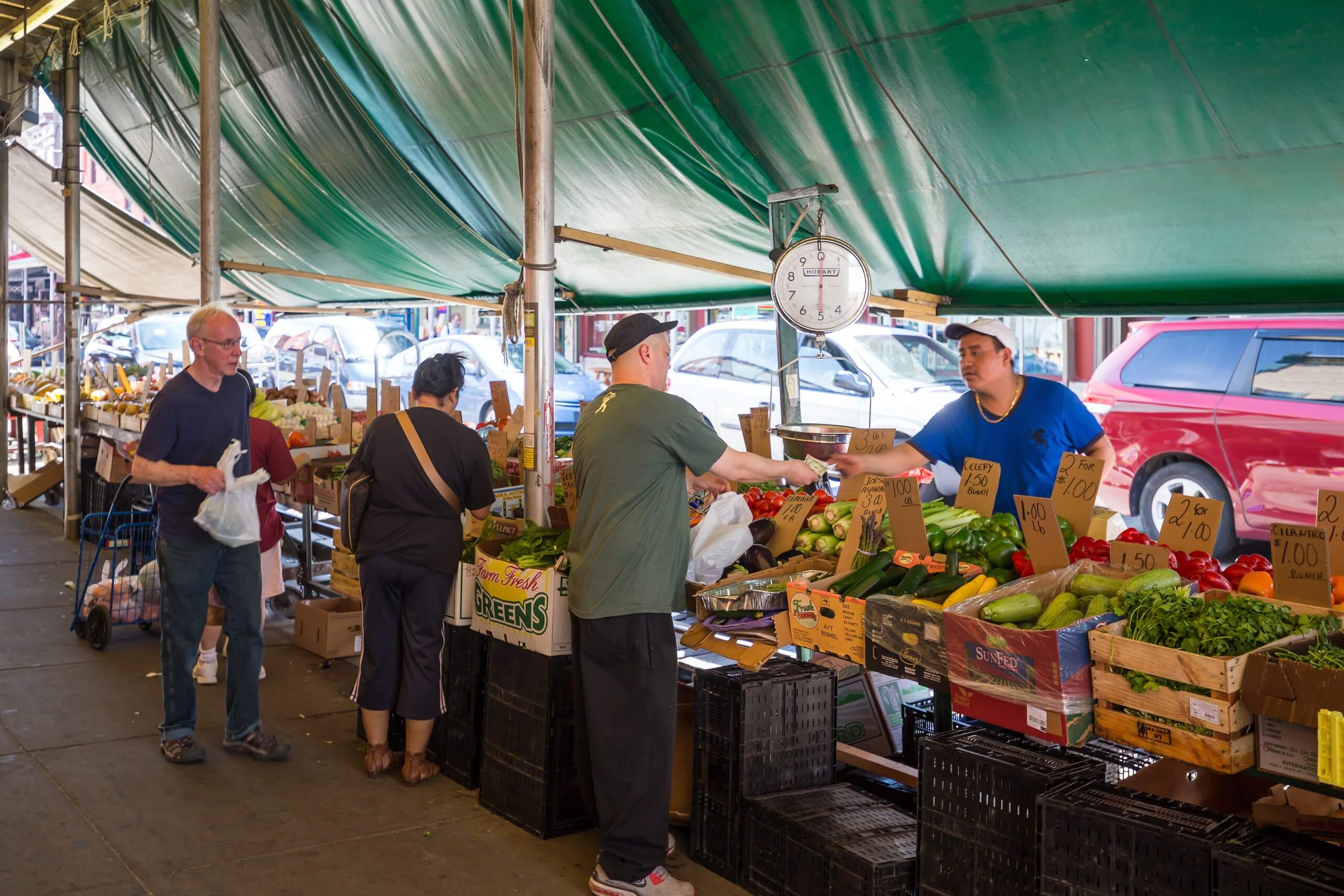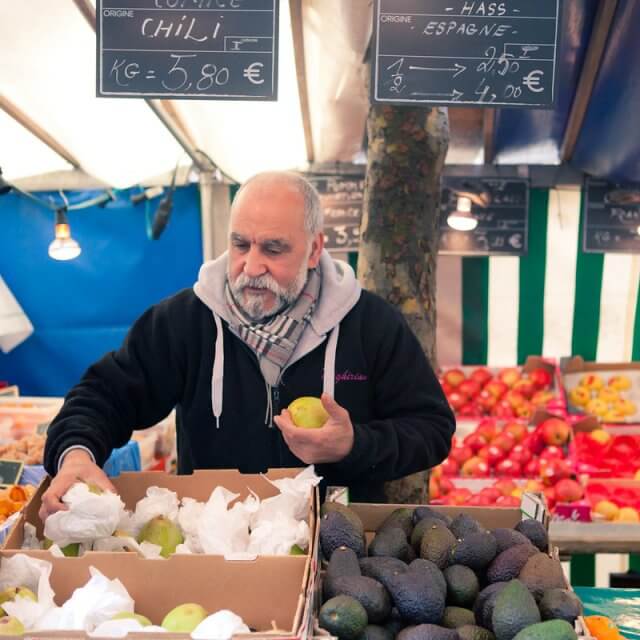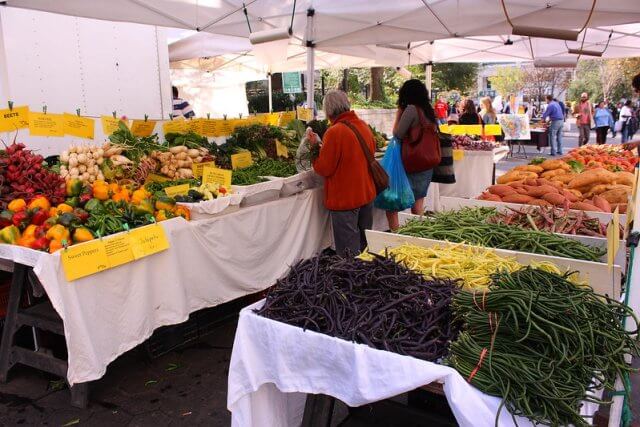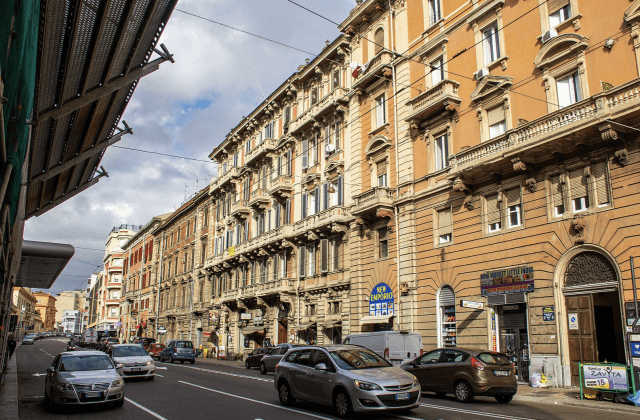The action and its aims
Philadelphia established the Philly Food Bucks programme, under which recipients of SNAP (Supplemental Nutrition Assistance Program, formerly ‘food stamps’) receive a USD2 voucher to buy fresh fruit and vegetables for every USD5 they spend at farmers markets. The aim is to make healthy, nutritious food more affordable to the city’s low-income residents.
When it was introduced
The scheme was launched in 2010.
Why it was needed
It was deemed necessary because one in five people in Philadelphia receive SNAP vouchers, typically of around USD120 a month – but even when buying the cheapest recommended food that sum is not enough to cover the grocery bills of one person aged over 5 years. The relatively high cost offresh produce tends to put SNAP recipients off buying it.
Who initiated it, who is involved
The scheme was originally launched as a two-year pilot under the Philadelphia Department of Public Health’s anti-obesity initiative, Get Healthy Philly, which was funded by the US Department of Health and Human Services. Public and private funding secured its continuation, and participation by farmers markets and grocery stores has expanded. Philly Food Bucks was co-founded, and is run by, local non-profit The Food Trust, which operates over 30 farmers markets, mainly in underserved areas of the city.
Impacts to date
Since the start of Philly Health Bucks, SNAP sales at farmers markets have increased by 375%. In the first year of the programme they rose from USD11,500 (2009) to USD29,140 (2010).
More information: Similar subsidy schemes to extend SNAP vouchers have been introduced in New York City (USA) and Seattle (USA).





